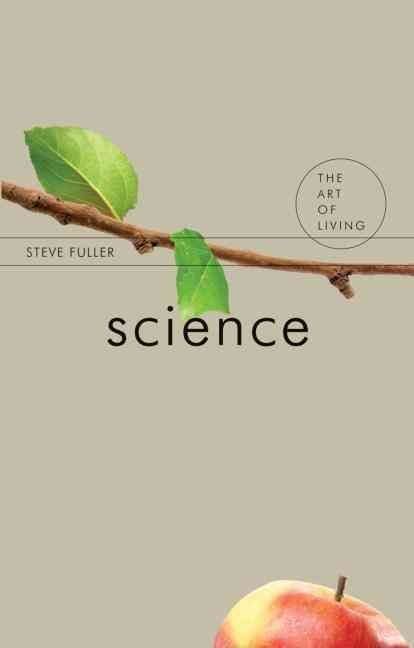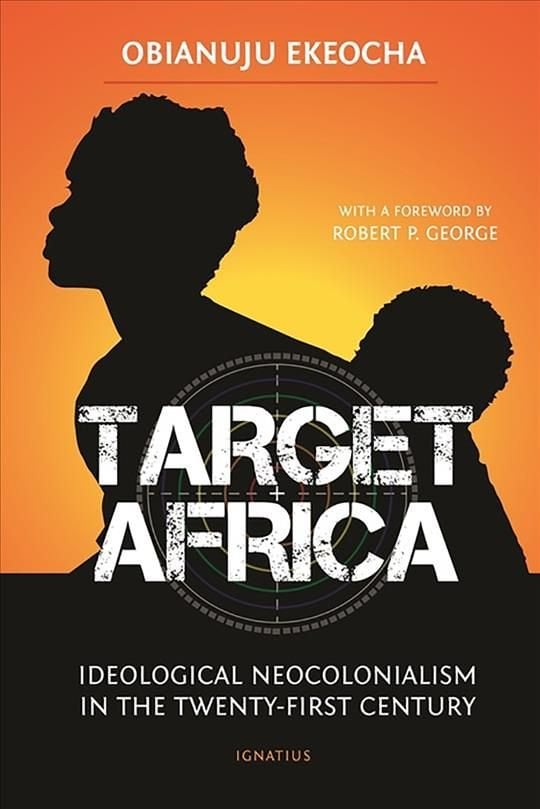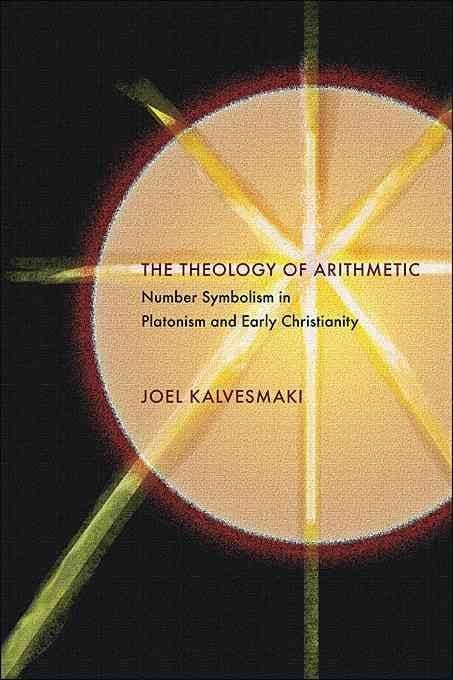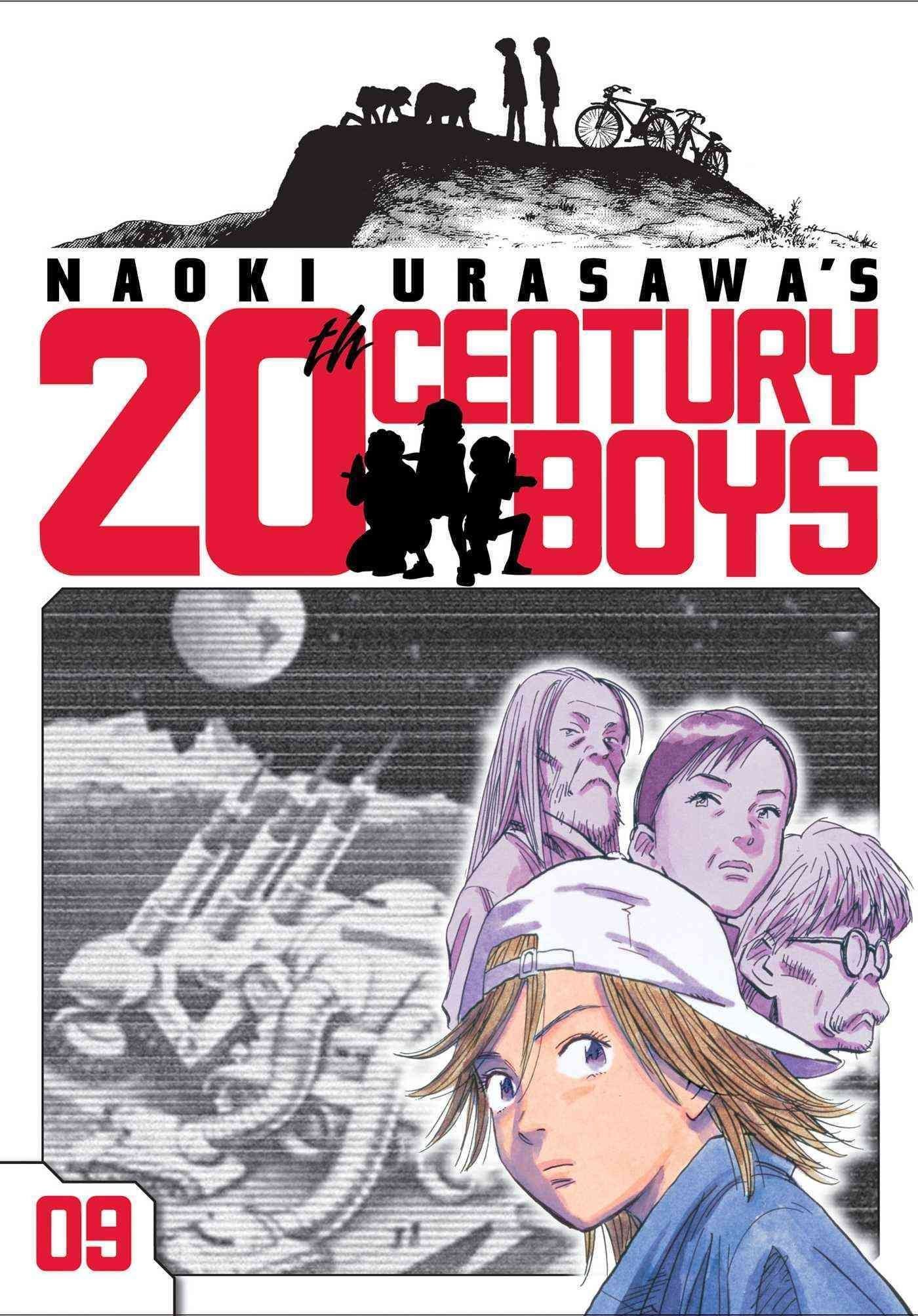This book stages a timely discussion about the centrality of identity politics to theatre and performance studies.It acknowledges the important close relationship between the discourses and practices historically while maintaining that theatre and performance can enlighten ways of being with others that are not limited by conventional identitarian languages.The essays engage contemporary theatre and performance practices that pose challenging questions about identity, as well as subjectivity, relationality, and the politics of aesthetics, responding to neo-liberal constructions and exploitations of identity by seeking to discern, describe, or imagine a new political subject.Chapters by leading international scholars look to visual arts practice, digital culture, music, public events, experimental theatre, and performance to investigate questions about representation, metaphysics, and politics.The collections seeks to foreground shared, universalist connections that unite rather than divide, visiting metaphysical questions of being and becoming, and the possibilities of producing alternate realities and relationalities. The book asks what is at stake in thinking about a subject, a time, a place, and a performing arts practice that would come ‘after’ identity, and explores how theatre and performance pose and interrogate these questions.












